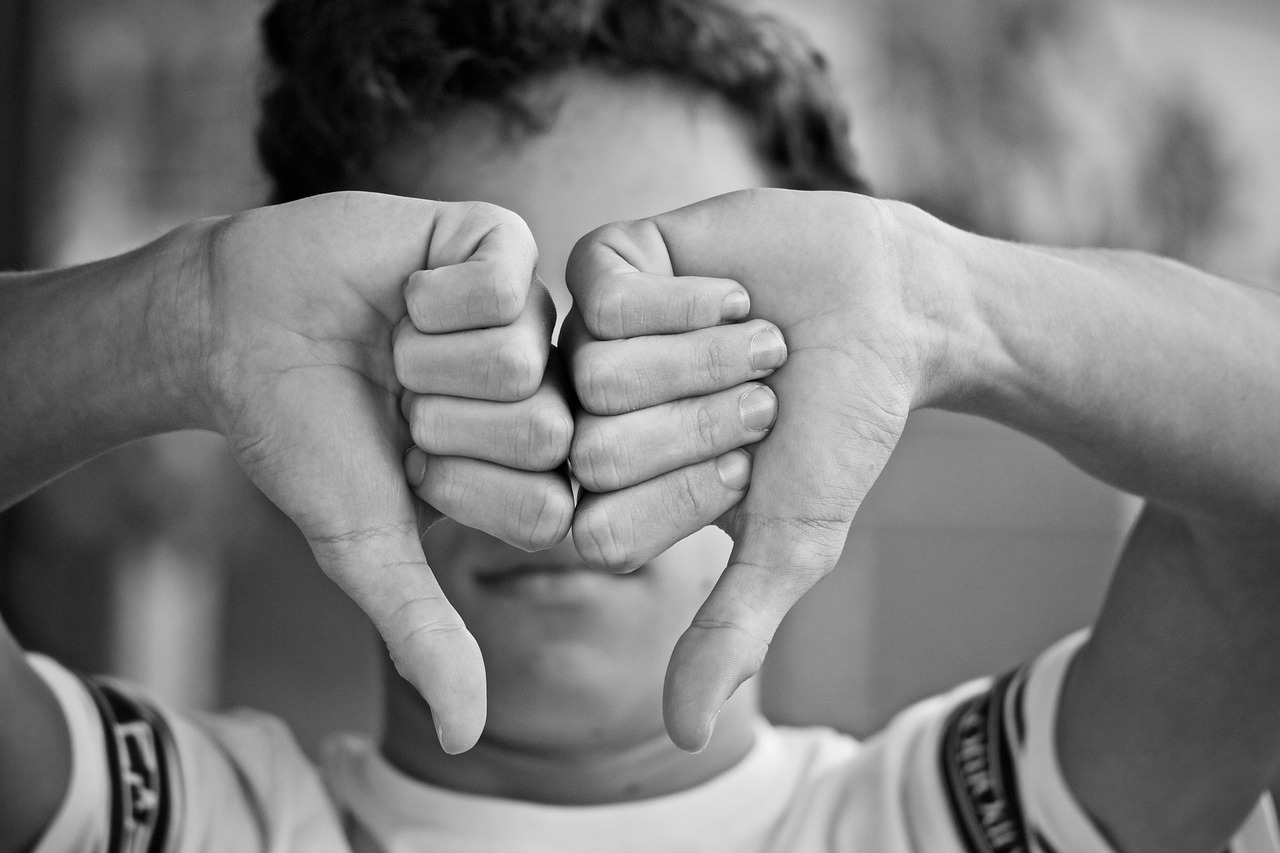Rejection sensitivity dysphoria (RSD) is a term that resonates deeply with individuals who experience overwhelming emotional responses to perceived rejection or criticism. While it is not a diagnosis in the DSM-5-TR, RSD is commonly associated with attention deficit hyperactivity disorder (ADHD), autism, borderline personality disorder (BPD), and other conditions that struggle with emotional dysregulation.
The term “dysphoria” refers to a state of unease or dissatisfaction according to the Merriam-Webster Dictionary. With RSD, this unease is triggered by a heightened sensitivity to rejection or disapproval, regardless of whether the rejection is real or perceived. People with RSD often interpret innocent comments or neutral situations as evidence of rejection, leading to unjustified emotional distress. Although the emotions may be unjustified and do not fit the facts, they are still valid. RSD manifests in a variety of ways and can differ among individuals. Common signs include:
- Intense Emotional Reactions
- Avoidance of Situations
- Perfectionism
- Irritability or Anger
- Low Self-Esteem
Every person is going to respond differently to rejection or criticism. The purpose here is to highlight the difference in responses to these events between those who struggle with RSD and those who exhibit more common feelings of rejection. Unlike more common emotional responses to criticism or rejection, which might cause feelings of disappointment or embarrassment, RSD reactions are often severe, immediate, and all-encompassing. Essentially, RSD can amplify the emotions a person might feel in response to rejection, regardless of whether they are real or perceived.
Intensity of Reaction

- Common Feelings of Rejection: When faced with rejection or criticism, most people feel varying levels of intensity of emotions such as embarrassment, disappointment, sadness, or frustration. These emotions, while uncomfortable, are generally manageable and reduce over time.
- RSD: The emotional response is often extreme and disproportionate to the situation. A minor perceived rejection can trigger intense feelings of shame, guilt, anger, humiliation, or worthlessness. These emotions often feel unbearable and overwhelming.
Triggering Events
- Common Feelings of Rejection: Reactions are usually tied to clear, identifiable situations where rejection is explicit such as being turned down for a job or a romantic relationship.
- RSD: Subtle cues, such as a neutral tone of voice, lack of immediate affirmation, or perceived criticism, can trigger RSD. The rejection does not have to be real — it only needs to be perceived.
Duration and Recovery
- Common Feelings of Rejection: Emotional recovery happens relatively quickly, often within hours or days, as the person processes the event and ultimately accepts it.
- RSD: The emotional fallout can last much longer and might lead to ruminating thoughts or ineffective behaviors such as suicidal ideation, non-suicidal self-injury, substance use, etc.
Physical Symptoms
- Common Feelings of Rejection: Body sensations are cues for our emotions and all emotions have them. These sensations will occur with the emotions prompted by rejection and will usually go away or fade as the intensity of the emotion decreases.
- RSD: The body sensations tied to the emotions may linger for a long period of time or the emotions may manifest physically, including headaches, stomachaches, or even a feeling of physical pain.
Behavioral Impact
- Common Feelings of Rejection: For most people who don’t struggle with RSD, their behavior after experiencing rejection may not significantly change. If there are changes in their behavior, it is for a relatively short period of time.
- RSD: The fear of rejection often leads to avoidance behaviors, perfectionism, or overcompensation. For some people, it can result in explosive outbursts or shutting down completely, impacting relationships and daily life.
Self-Perception
- Common Feelings of Rejection: After experiencing rejection, a person’s self-esteem might lower temporarily. However, it generally does not have a long-term effect on their sense of self-worth.
- RSD: Responses to rejection can cause significant damage to self-esteem, leaving the person feeling fundamentally flawed or inadequate, even if the rejection was minor or perceived.
The key distinction lies in the intensity, frequency, and impact of the emotional response. RSD is not merely a heightened sensitivity to rejection; it is a condition where perceived rejection triggers an unjustified and often intense emotional and physical response. Understanding this distinction is crucial for providing appropriate support and care for individuals experiencing RSD.
If you experience rejection sensitivity dysphoria and want support building effective DBT skills to manage it, join one of our skills training groups or schedule a session with a therapist at CCDBT.
Reference: https://www.merriam-webster.com/dictionary/dysphoria
About the Author
Robyn Williams (she/her), M.A., LPC is a Licensed Professional Counselor who specializes in dialectical behavior therapy. Robyn works with teens and adults in a compassionate judgment-free manner to meet clients where they are in life. Robyn helps her clients develop the tools they need in order to live their life worth living, and find what means most to them. Robyn believes that while therapy can be intimidating at times, it can be a conduit for personal growth. Click here to learn more about Robyn’s experience and therapeutic approach.

